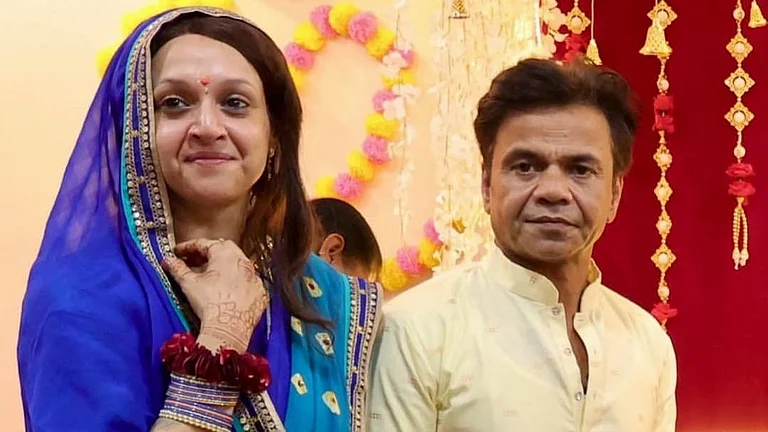In a significant diplomatic development, Prime Minister Narendra Modi of India and his British counterpart, Rishi Sunak, engaged in a telephone conversation on Friday, addressing pressing concerns related to West Asia.
The two leaders deliberated on the ongoing conflict between Israel and Hamas, while also expressing deep concerns about terrorism, the deteriorating security situation, and the loss of civilian lives in the region.
The office of Prime Minister Narendra Modi in a statement said, "Both leaders expressed deep concern at terrorism, worsening security situation and the loss of civilian lives. They agreed on the need for regional peace, security, stability and continued humanitarian assistance."
In a post on X, Modi said, "Earlier this evening, spoke to UK PM Rishi Sunak. Discussed means to strengthen bilateral relations and exchanged views on the situation in West Asia. We agree that there is no place for terror and violence."
He added, "Death of civilians is a serious concern. Need to work towards regional peace, security, stability and continued humanitarian assistance."
According to reports, the officials said both leaders reaffirmed their dedication to further enhancing their bilateral comprehensive strategic partnership. This commitment extends to various domains, such as trade, investment, emerging technology, defense, security, healthcare, and other significant areas.
The leaders agreed to remain in touch and exchanged greetings for the festive occasion of Diwali, it added.
PM Modi also congratulated Sunak on the successful completion of one year in office and they welcomed progress being made for an early conclusion of a mutually beneficial Free Trade Agreement, according to the statement.
In an interview with PTI in early September, Sunak had said there was “still some way to go” for a free trade pact with India to be finalised but appeared confident that the final outcome would be a "forward-looking" and "modern" deal that would benefit both sides and facilitate shared ambition of doubling trade by 2030.


























